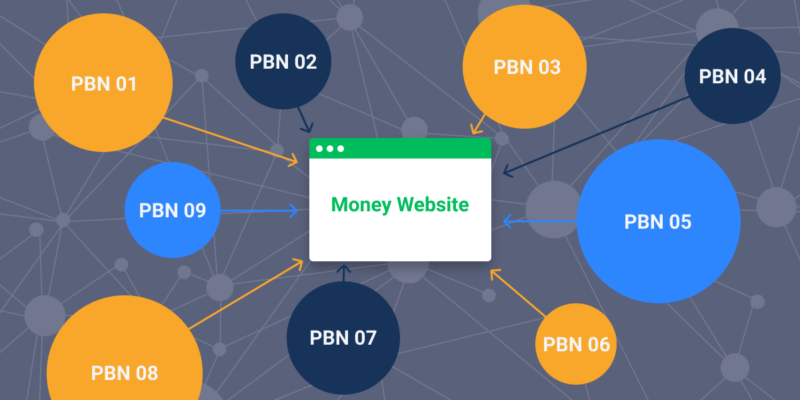Are you interested in learning about the pros, cons and controversies related to PBNs (Private Blog Networks)? If so, then this article is for you. In it, well explore what PBNs are and why they have become a popular tool among digital marketers today.
Well also look at the potential risks associated with using them and how these can be mitigated through careful planning. Finally, well discuss some of the ethical considerations that should be taken into account when using PBNs.
By taking all of these points into consideration, readers will gain an understanding of both the advantages and drawbacks of using Private Blog Networks for marketing purposes.
Introduction to Private Blog Networks (PBNs)

Introduction to Private Blog Networks (PBNs) is a hot topic in the world of digital marketing. PBNs are networks of websites that have an interlinked relationship with each other and are used by marketers to promote their brands, products, or services online.
This type of network provides many advantages over traditional methods as it allows for more efficient targeting and control over content being shared on the internet. However, there are also risks associated with using PBNs which has led to much debate between those who advocate for them and those who disagree about their use.
In this article well take a look at both sides of the argument before exploring some of the controversies surrounding PBNs so you can make an informed decision when considering using them in your own digital marketing strategies.
Advantages of Using PBNs
PBNs (Private Blog Networks) are a popular tool among webmasters and SEO practitioners, offering an array of advantages. Using PBNs can help increase the visibility of your website or blog by providing high-quality backlinks from authoritative domains. Additionally, they give you the ability to control your link profile more accurately and efficiently than other methods that rely on external sources such as guest posts.
Other benefits include increased domain authority, improved search engine rankings, faster indexing times for pages, and better overall performance in organic search results. Furthermore, PBNs offer greater flexibility when it comes to managing content across multiple platforms – something that is difficult or impossible with other types of link-building strategies.
Disadvantages of Using PBNs

One of the main disadvantages of using PBNs is that they can create a lot of noise. Many websites registered under PBNs are often created with automated tools, meaning their content may not be as high quality as one would expect from an organic website.
Additionally, since the sites are owned by a single entity or organization, it can lead to search engine penalties if used incorrectly. Another disadvantage is that creating and maintaining multiple PBNs can be costly and time-consuming for businesses.
Furthermore, because the same IP address is used across many different sites in a network, its harder to avoid detection by major search engines like Google and Bing. Finally, while some people argue that there is no real SEO benefit to using PBNs anymore due to their over-usage and potential penalties associated with them, others believe that they still have value – especially when combined with other link-building strategies such as guest posting or social media marketing campaigns.
Conclusion
Overall, it is clear that PBNs have the potential to be a powerful tool for many businesses. They can provide an effective way to create backlinks and drive more traffic to your website.
However, there are some pros and cons associated with using these networks as well as certain controversies involved in their PBN creation. It is important for businesses to consider all of these factors before deciding whether or not to use PBNs as part of their online marketing strategy.
The advantages far outweigh any drawbacks when done correctly, making them a profitable option for companies looking for an edge over the competition.


